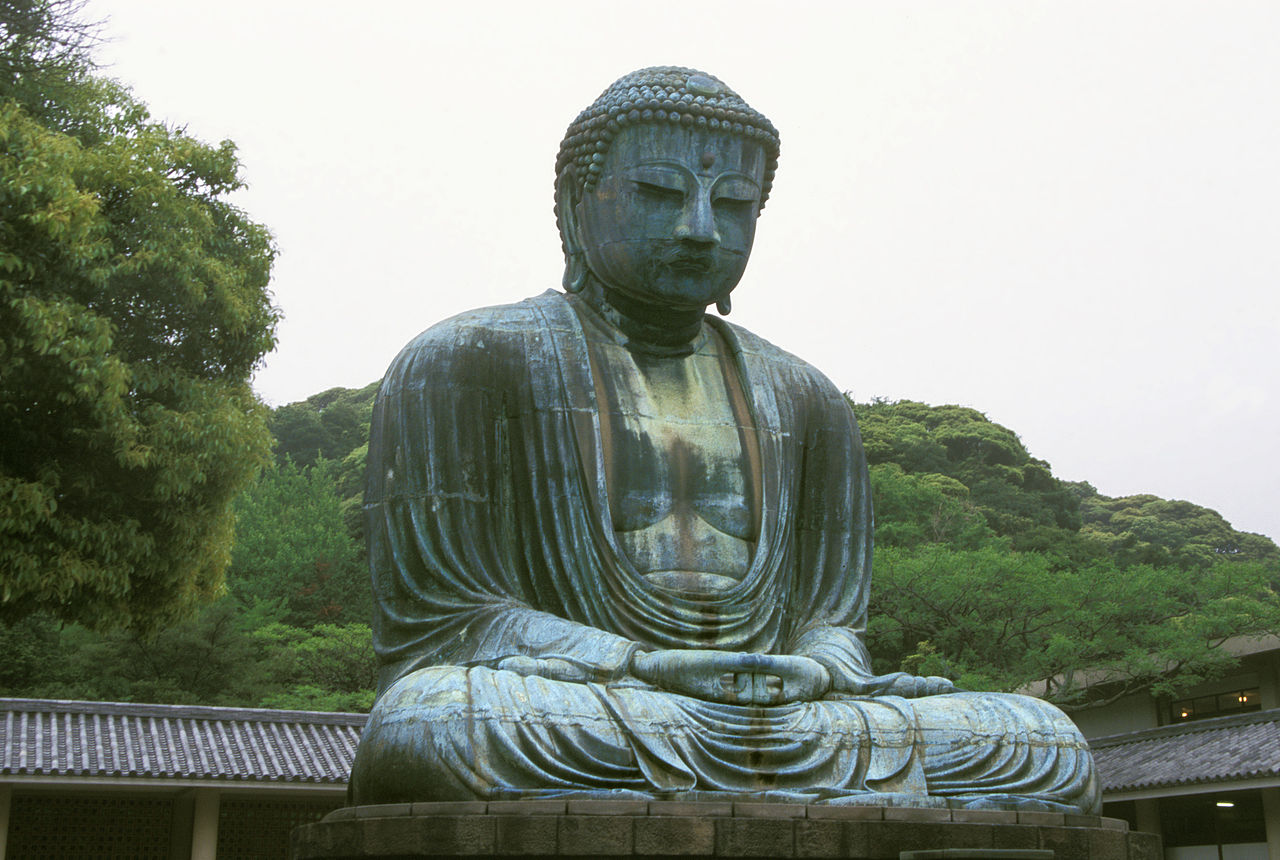In every article about „Happiness“ you can read that showing compassion makes you happy. Researches on happiness and brain functions suggests that we actually help ourselves and become happier when we help others.
His Holiness the Dalai Lama observes that having compassion for others not only benefits other people but also you own mental state:
If you want others to be happy, practice compassion. If you want to be happy, practice compassion.
I have to admit, that (especially when I was younger) whenever someone did me wrong or hurt me I felt a lot of hate and I was all in “revenge mode”, thinking “One day, I will pay you back”. When I had my revenge, I wasn’t satisfied and far away from being happy.
Sometimes, when we are discouraged by a difficult situation, anger does seem helpful, appearing to bring with it more energy, confidence and determination.
Here, though, we must examine our mental state carefully. While itis true that anger brings extra energy, if we explore the nature of this energy, we discover that it is blind: we cannot be sure whether its result will be positive or negative. This is because anger eclipses the best part of our brain: its rationality. So the energy of anger is almost always unreliable. It can cause an immense amount of destructive, unfortunate behavior. Moreover, if anger increases to the extreme, one becomes like a mad person, acting in ways that are as damaging to oneself as they are to others.
The Dalai Lama
Having compassion for people, we love is kind of easy. When it comes to a “neutral” person or even someone we don’t like or someone who has hurt our feelings, developing this kind of compassion is not easy at all.
In the workshop with Eiji Han in Bali we did a special kind of compassion meditation, called Metta Bhavana. Metta means love or kindness and Bhavana means cultivation or development. In this meditation, you practice loving kindness in five or six stages in which you progressively cultivate loving-kindness towards:
1. yourself
2. a good friend
3. a “neutral” person you neither like nor dislike
4. a difficult person
5. all four of the above equally (optional)
6. all beings
When you’re ready concentrate on your breath. Simply watch it come and go. Without forcing, allowe your breathing to become regular and a little deeper.
In the first stage you feel metta (= loving kindness) for yourself. Focus on peace, calm and tranquility. Remember a time when you were feeling particularly happy, glad to be alive. Let that warm and positive feeling soften your heart. Then repeat silently to yourself:
May I be well.
May I be happy
May I be free from suffering.
In stage two, start cultivating metta for a good friend. Bring her or him to your mind as vividly as you can, imagine your friend in any situation and think of her or his good qualities. If it helps keeping your thoughts from wandering, image a shining light from your heart into your friend’s heart. Whish her or him well by repeating silently:
May you be well.
May you be happy.
May you be free from suffering.
If you prefer, you can also refer to your friend as “she”/”he” and say “May she/he be well” and so on.
Stage three is about loving kindness for a neutral person. Someone you know but don’t have strong feelings for one way or the other. It can be the lady in the bakery you see every morning or someone you sometimes meet in your Yoga class. Include this person in your feelings of metta:
May you be well.
May you be happy.
May you be free from suffering.
If you prefer, you can also refer to this person as “she”/”he” and say “May she/he be well” and so on.
Stage four is a tricky stage, as you think of a difficult person, someone you actually dislike and have bad feelings towards. Picture this person in a happy situation, smiling and laughing. Try not to get caught up in any negative feelings of hatred but think of this person positively instead when you send your metta to her/him as well:
May you be well.
May you be happy.
May you be free from suffering.
If you prefer, you can also refer to this difficult person as “she”/”he” and say “May she/he be well” and so on.
In stage five (optional), include the four above in your metta, wishing them well:
May you be well.
May you be happy.
May you be free from suffering.
If you prefer, you can also refer to them as “they” and say “May they be well” and so on.
In the final sixth stage extend your feelings of loving kindness to everyone around you: The person next to you, your neighbourhood, the people in your town, in your country and all beings throughout the world. Feel as waves of loving kindness are spreading from your heart to everyone while you repeat silently:
May all beings be well.
May all beings be happy.
May all beings be free from suffering.
After the last stage, take your time and observe the feelings you have, observe if something has changed. Then gradually relax out of meditation, and bring the practice to an end.
A timer will help you getting from one stage to another. Here’s a 30 Minute timer for practicing with five stages (leave out #5 above):





Hi! This is my first comment here so I just wanted to give a quick shout out and tell you I genuinely enjoy reading your blog posts.
Can you suggest any other blogs/websites/forums that cover the
same subjects? Appreciate it!